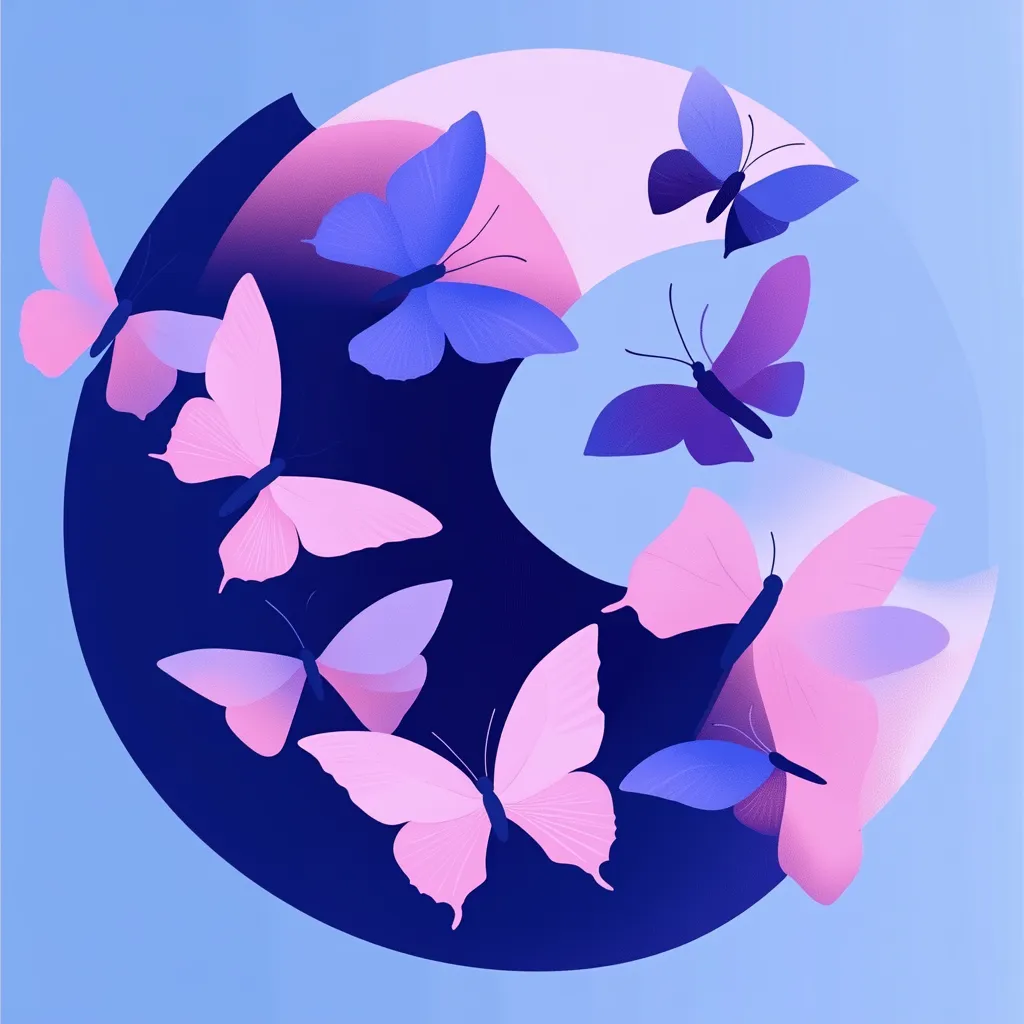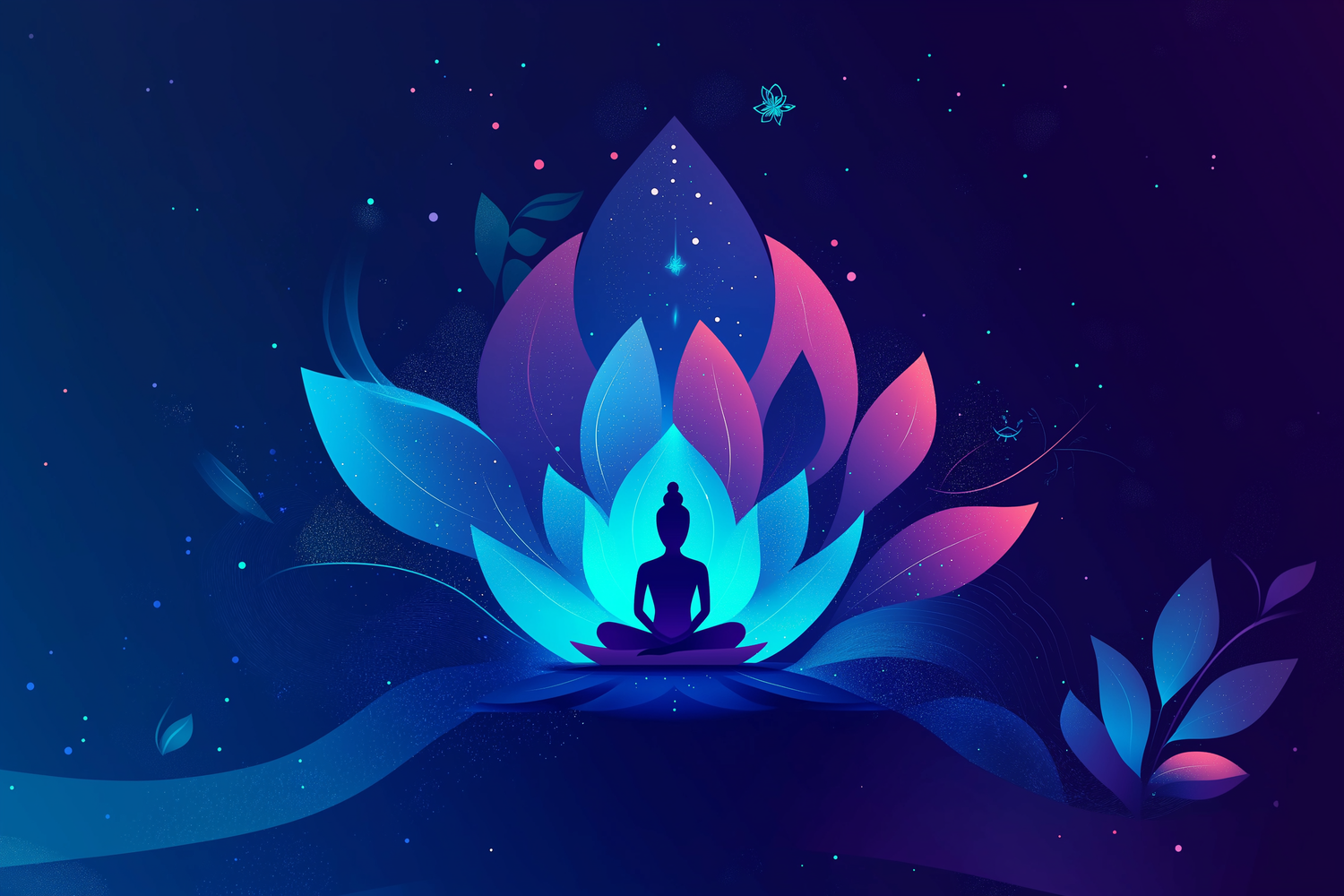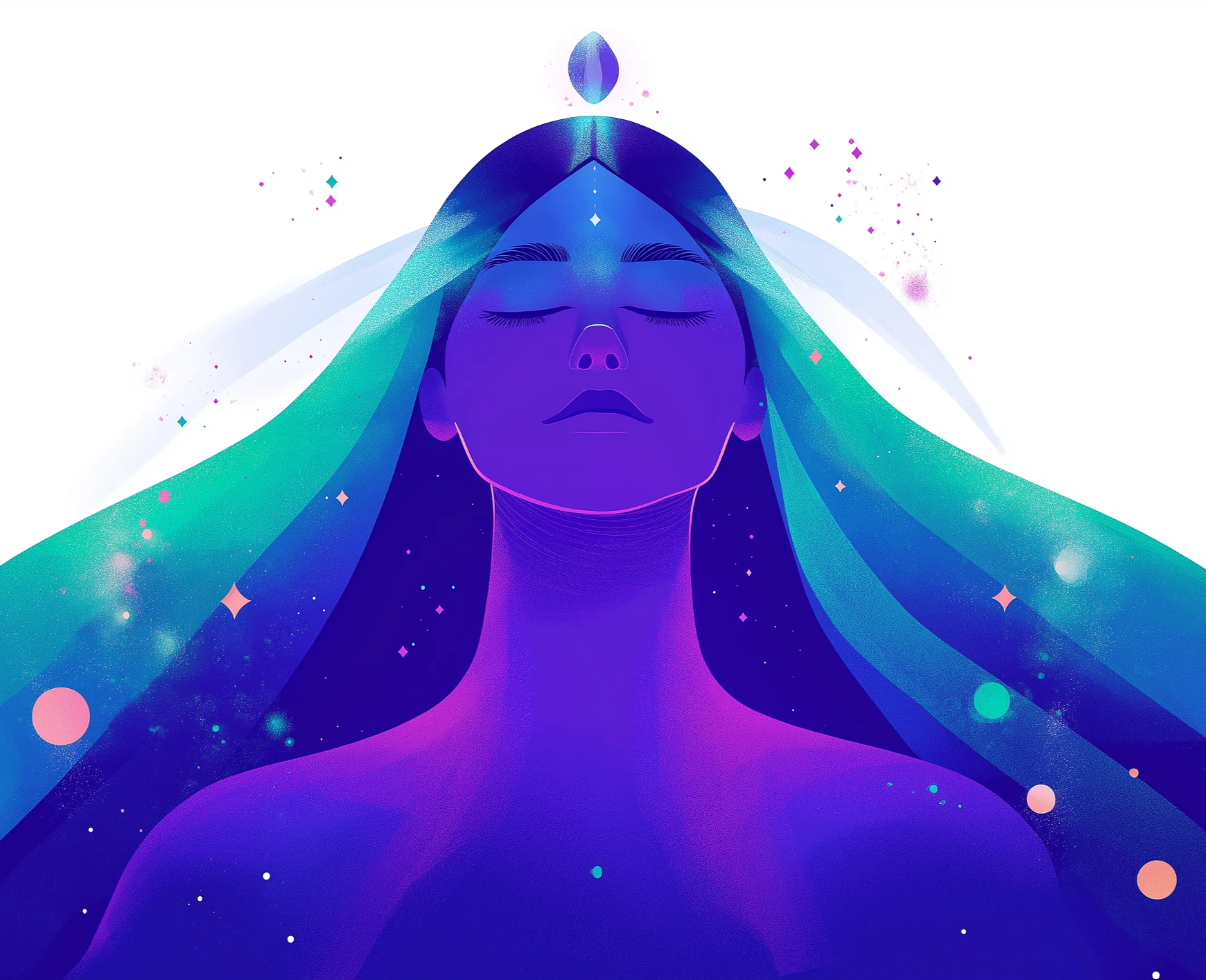Life has a tendency to play some pretty wild tricks on you, and it's perfectly natural to get stressed out and want to relax. That's when most folks grab the best stress relief tea on hand. It's not only a pleasant little habit; some herbs actually contain some serious stuff that can calm your nerves and make you feel more centered. It's an old-fashioned method of managing daily stress, providing us with a natural means of finding peace and clearing our heads in this wacky busy world.
How Tea Reduces Stress
Drinking a calming tea relaxes tension by biochemical and behavioral means. Most of the herbs in tea provide natural chemicals that relax tension by affecting the nervous system, like amino acids to increase GABA and flavono to affect cortisol levels.
A cup of stress relief tea like tulsi or valerian root provides the body with adaptogens to manage hormonal balance under tension. Aside from its ingredients, the mere act of pouring and drinking a hot infusion makes you feel present in the moment. Each precise sip of a calming tea directs breathing toward a slower pace and invites the body to transition into a resting mode
Top 5 Calming Teas to Try
With so many options available, it's natural to feel confused when picking the best tea for anxiety. Here we have the most popular options for those looking for the most potent herbal tea for anxiety.
Chamomile Tea
Chamomile has served for ages as a soothing, powerful tranquilizer. By its effect on the GABA pathway, calming herbal tea balances nervous system activity, calming outbursts of tension. It also lowers physical tension by lowering muscle tension and gastrointestinal upset. It also lowers physical tension by reducing muscle tension and gastrointestinal upset. Specialists think that consuming this calming tea for anxiety at night significantly improves the quality of sleep and eases stress. It won't be equal to prescription sleep medications, but the reward is a relaxing, side-effect-free experience.
Green Tea
If you're looking for a stress relief tea that will mellow you out, green tea is a good bet. It contains this amino acid L-theanine that gets into your brain and relaxes you. And L-theanine keeps hyper neurotransmitters like glutamate under control, so your nervous system isn't overrevving.
Matcha, finely ground whole shaded tea leaves, contains high levels of L-theanine. Drinking a cup at lunchtime keeps you awake and soothes racing minds. Steep leaves in water at 80 °C for two minutes to obtain maximum benefit from L-theanine and drink slowly. Regular consumption of this tea for anxiety assists in withstanding stressors of the day by stabilizing the release of cortisol and inducing a soothing mental state.
Lemon Balm Tea
Lemon balm has the combination of flavonoids and rosmarinic acid that work together to inhibit an enzyme that degrades GABA. Once inhibited, the GABA levels go up in the brain, producing mild sedation and helping you relieve stress. In a double-blind study, people who received 0.3 g of lemon balm extract in a beverage had state anxiety reductions at one and three hours post-ingestion that were significant. The same has been shown in a double-blind study in generalized anxiety disorder patients.
Passionflower Tea
Passiflora incarnata, passionflower, acts by elevating concentrations of GABA in the central nervous system. Flavonoids in passionflower interact with GABA receptors, similar to the action of standard anxiolytics like midazolam. Animal single-dose studies verify elevating melatonin levels to aid relaxation and sleep onset. Clinical human trials indicate passionflower tea to be as effective as medication like oxazepam in decreasing preoperative anxiety when taken 30–90 minutes prior to surgery.
Holy Basil Tea (Tulsi)
Ocimum tenuiflorum, holy basil (tulsi), is a rare member of the adaptogen family of plants, which modulate physiological reactions to stress. This stress relief tea suppresses the HPA axis and inhibits cortisol release under prolonged stress while preserving adrenal function.
There was a double-blind, randomized controlled trial, and it revealed that using 250 mg of standardized tulsi extract twice a day for eight weeks reduced self-reported stress by 37% and insomnia scores by 48% over a placebo. If you want to make this calming herbal tea, just steep three or four fresh tulsi leaves or one teaspoon of dried leaves in boiling water for approximately eight minutes or so.
Tips for a Relaxing Tea Ritual
If you want to boost your calming tea for anxiety even more, you can use some tips. For example:
- Begin your calming ritual by creating a warm, dark space. It's okay to have some candles or a small light bulb turned on. The dimly lit environment helps relax your nerves and lowers stress hormones.
- Find a peaceful location and stay away from your phone – simply looking at your mobile screen to check notifications can give you a surge of cortisol.
- Make the tea and heat the water gradually, measuring leaves and watching steam rise. When you're ready, raise the cup and feel the heat and aroma before taking the first sip.
The objective is to remain as present as possible throughout the whole practice to allow your racing thoughts to get into line by being present in the moment.
To make this the best tea for anxiety, you can add some honey, not only to make those harsh notes a bit lighter but also to soothe your throat. And to add the power of vitamin C, you can also add a bit of lemon to the mix. Also, be sure to drink with intent.
Conclusion
If you actually want to get the most out of these drinks, you need to be dedicated to them. But, don't be all about those soothing teas alone; incorporate some mindfulness into your everyday life to combat that perpetual stress. If you get it right, you'll be way more emotionally level, sleep a lot better, and just live a way less stressed life in general.






Leave a comment
This site is protected by hCaptcha and the hCaptcha Privacy Policy and Terms of Service apply.